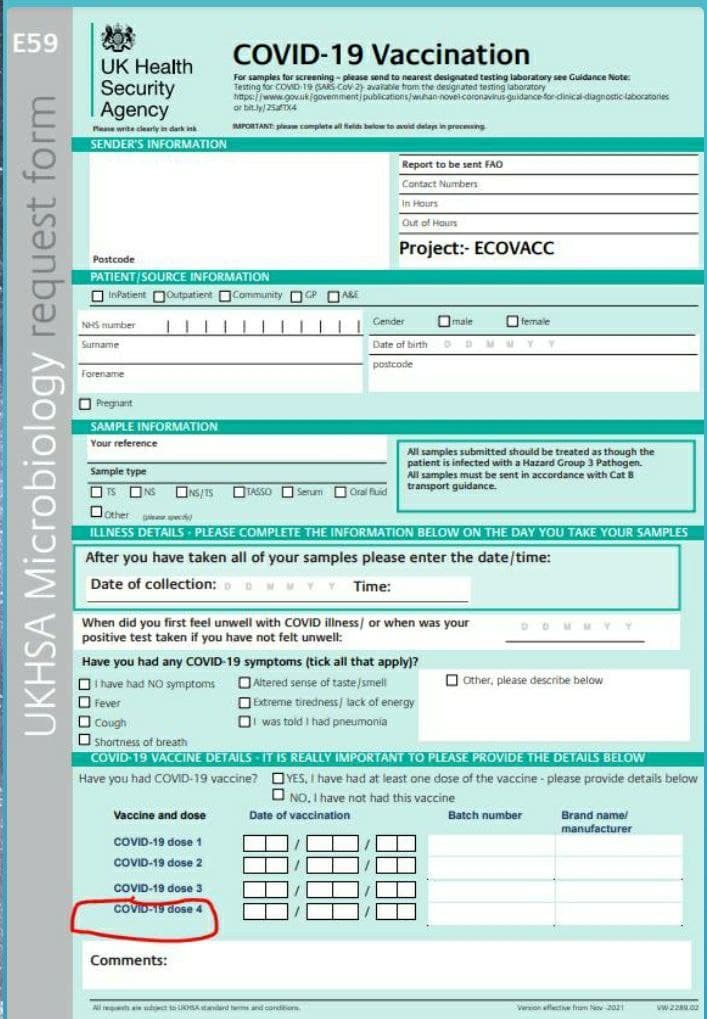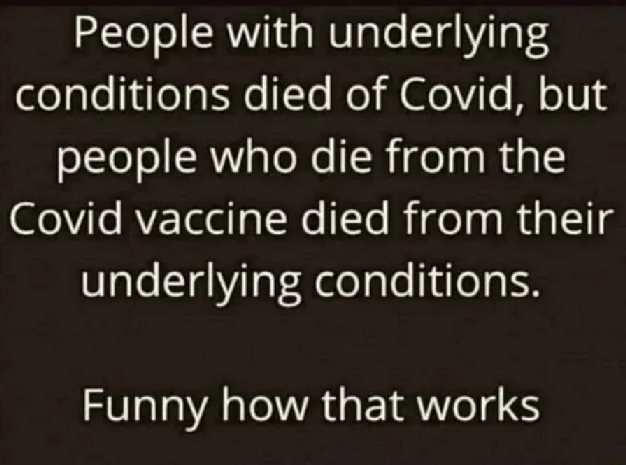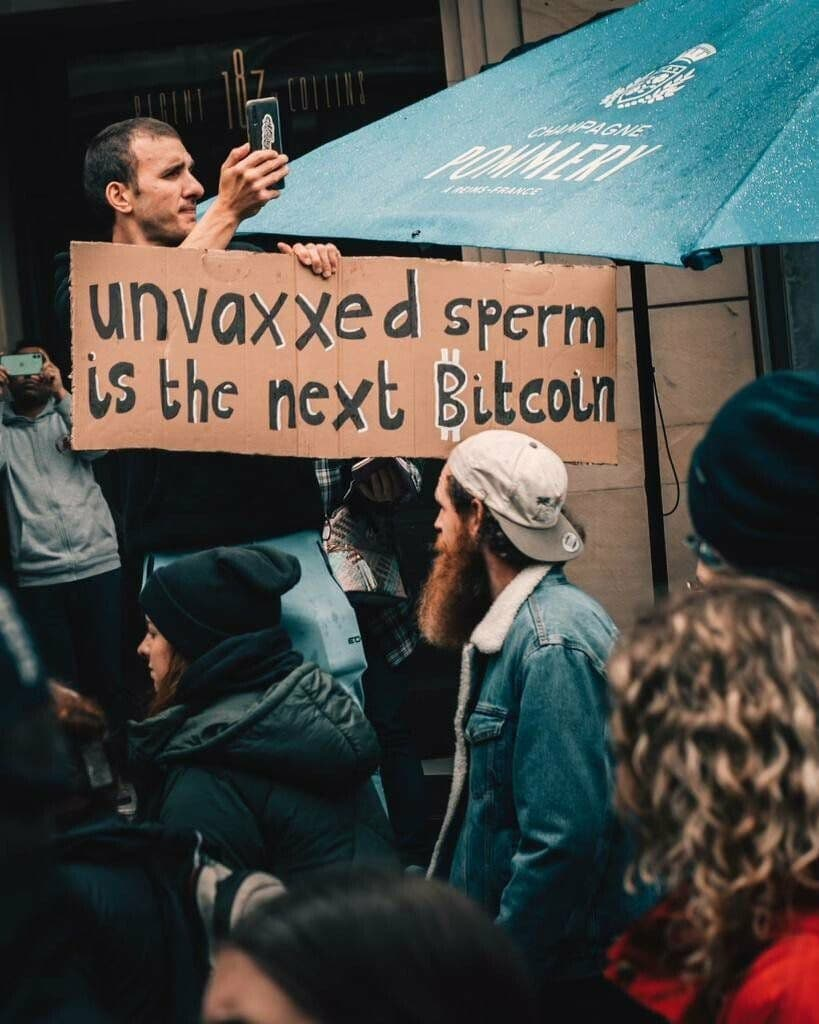- Joined
- Sep 28, 2011
- Messages
- 4,133
- Points
- 113
That's why you are ignorant. Vaccines may wane but effectiveness in preventing death and serious illness remains high.LANCET Paper Findings: Vaccine effectiveness of BNT162b2 against infection waned progressively from 92% at day 15-30 to 47% at day 121-180, and from day 211 and onwards no effectiveness could be detected.
https://papers.ssrn.com/sol3/papers.cfm?abstract_id=3949410
34 Pages Posted: 25 Oct 2021
BNT162b2 Protection
92% 2 - 4 weeks
47% 4 - 6 months
0% 7th month onwards
So we need booster jabs every 4-6 months if opt for Pfizer.
Waning immunity and COVID-19 vaccines: How worried should we be?

- Research has found a significant fall in levels of antibodies against SARS-CoV-2, the virus that causes COVID-19, 6 months after the second dose of the Pfizer-BioNTech vaccine.
- Clinical evidence also suggests that the risk of getting a “breakthrough” infection gradually increases in the months after vaccination.
- Despite declines in antibody levels, other branches of the adaptive immune system appear to provide strong protection against severe infection and death.
- However, booster shots could protect the most vulnerable individuals, reduce transmission, and help suppress the emergence of new strains.
It also approved boosters for people with health conditions that put them at risk of severe COVID-19 and for people whose jobs expose them to a high risk of infection, including healthcare workers and teachers.
The agency had already givenTrusted Source the green light to boosters for individuals with severely weakened immune systems, such as organ transplant patients.
But is there any evidence to justify a more widespread rollout of booster shots in the general population?
A recent study found that serum levels of antibodies against the spike protein of the virus, which it uses to gain entry to cells, start to wane around 12 weeks after the second dose of the Pfizer vaccine.
The researchers discovered that by 6 months after the second dose, median levels of these antibodies had fallen to around 7% of their peak level, with a range of 2–25%. The researchers say that this decline is expected.
Other workTrusted Source has shown that after having an mRNA-based vaccine against SARS-CoV-2, antibodies may not be circulating, but they are at peak activity within the lymph nodes by 12 weeks.
Stay informed with live updates on the current COVID-19 outbreak and visit our coronavirus hub for more advice on prevention and treatment.
Cells that remember
At first glance, this appears to represent a worrying loss of immunity, but antibodies are only one branch of the body’s adaptive immune system.The adaptive immune system also includes cells that remember past infections or vaccinations and swing into action if they encounter the same infectious agent again.
A recent preprint of a study reports that the number of immune cells known as memory B cells that recognize the virus actually increases 3–6 months after the second dose of the Pfizer or Moderna vaccine.
Remarkably, even though these vaccines use genetic material from the original variant of the virus, the B cells also recognized the Alpha, Beta, and Delta variants.
This is because the precursors of these B cells evolve over time in the body through a process of random mutation, which allows the mature cells to detect new variants of the virus as they arise.
The research also found two other types of immune cell primed to detect the virus in most individuals 6 months after their second dose of vaccine.
Known as helper T cells (CD4+ cells) and killer T cells (CD8+ cells), these help ramp up the immune response and destroy infected cells, respectively.





